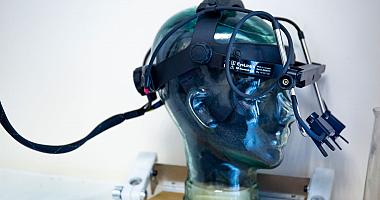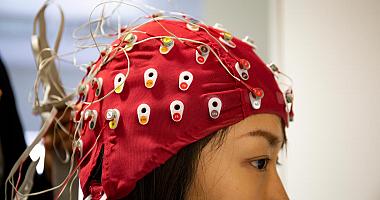Course information
Department
Length
1 year full-time or 2 years part-time.
Course overview
This programme trains you in the fundamental aspects of quantitative and qualitative research, including research design, data collection and data analysis, and provides practical, ‘hands-on’ experience.
The programme will appeal to you if you would like to develop your career in experimental research, or to enhance your ability to apply research skills in either the public or the private sector.
The programme will enable you to:
- gain a thorough knowledge of a range of behavioural and social science methodologies
- understand the principles of quantitative and qualitative research
- correctly apply advanced statistical and computing techniques
- enhance your skills in critical analysis and evaluation of research findings
- consider philosophical and ethical issues in relation to science in general and to psychological research in particular
- develop expertise in data collection, handling large data sets and data analysis
- appropriately plan and design, present and evaluate, effective psychological research studies
You also complete a research project leading to a dissertation, and you participate in general research skills training modules with students from other departments at Goldsmiths.
The programme was amongst the first to be recognised by the Economic and Social Research Council (ESRC) as providing the generic and specific research training required by Psychology students in receipt of ESRC studentship awards.
Between 2011 and 2015, the programme was the research methods training masters for the psychology pathway within the Goldsmiths and Queen Mary ESRC-funded Doctoral Training Centre (2011-2015). Since 2017, the programme provides its Psychology research training under the umbrella of the South-East Network for Social Sciences, an ESRC Doctoral Training Partnership (DTP) between 10 prestigious universities, including Goldsmiths.
Students in receipt of an ESRC 1+3 PhD studentship in the psychology pathway can take this programme as the first year of a 4-year PhD programme; students who have completed the MRes self-funded, are eligible to bid for ESRC funded +3 PhD studentships.
Contact the department
If you have specific questions about the degree, contact Karina Linnell.





